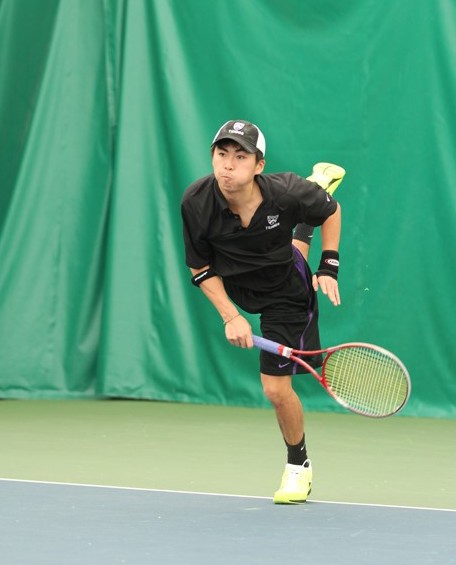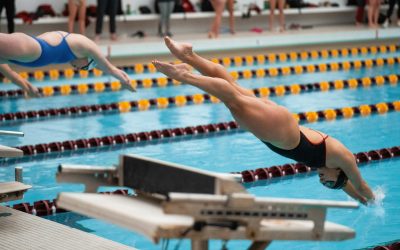Dear Coach Bryant:
I’m a high school counselor trying to provide guidance for our students this fall. One of our tennis players just emailed me, asking how he should begin his college search. He wants to play tennis in college, but he’s not Division I material – he doesn’t play at that level. Do you have any suggestions on how I should get him started?
Clueless in Clearwater

Dear Clueless,
Kudos to you for helping your students this fall. You’re one of a number of dedicated high school counselors, independent education consultants (IECs) and parents asking similar questions. I’ve actually received so many inquiries that I created a college athletics recruiting webinar to help with the basics. Since counselors are already attuned to meeting holistic needs, they can play a critical role for student-athletes. Here’s an introductory outline of how I advise college-bound student-athletes and their parents.
1. I’m careful about discussing “level” of play.
While many sports fans assume that the largest NCAA Division I universities attract the “highest-level” athletes in all sports, there are so many talented players and so many different sports that no division can tie up all the talent or offer the highest-ranked program in every sport. Nationally-ranked amateurs and professional athletes come through all NCAA divisions and even junior college (JUCO) programs. So, it’s unfair to equate DI, II or III with first, second or third-tier “levels” of play.
2. I never equate division with talent.
The truth is that there are some great DIII sports programs that attract very highly-ranked athletes. There are also some really weak DI sports programs that accept players who could never compete at a highly-ranked DIII school. Counselors, IECs and parents can help students recognize the varied paths of current professional athletes on tour/teams, from tennis (Eudice Chong, DIII grad) to swimming (Andrew Wilson, DIII grad), along with the long list of All-Star MLB JUCO draftees and NBA/NFL pros who played at DII, DIII and National Association of Intercollegiate Athletics schools.
3. I always emphasize “best-fit” programs.
High school counselors, IECs and parents are well-positioned to help student athletes consider all options. While professional athletes come from all college divisions, only two percent of college athletes will go pro. That’s why some students who could earn a starting position on a DI team will instead choose a DIII school with an excellent program in their area of study. Or, those students may choose a particular school because it is a better fit for them in other ways. In the end, each student’s college choice should fit that student’s preferences, skill sets and situation.
The reality.
There is a widespread misconception that Division I is always better than Division II, and Division II is always better than Division III — and so on. Students who are guided to ignore these unfair hierarchical generalizations are most likely to find the school where they will not only enjoy their sport, but fully prepare for their futures.




